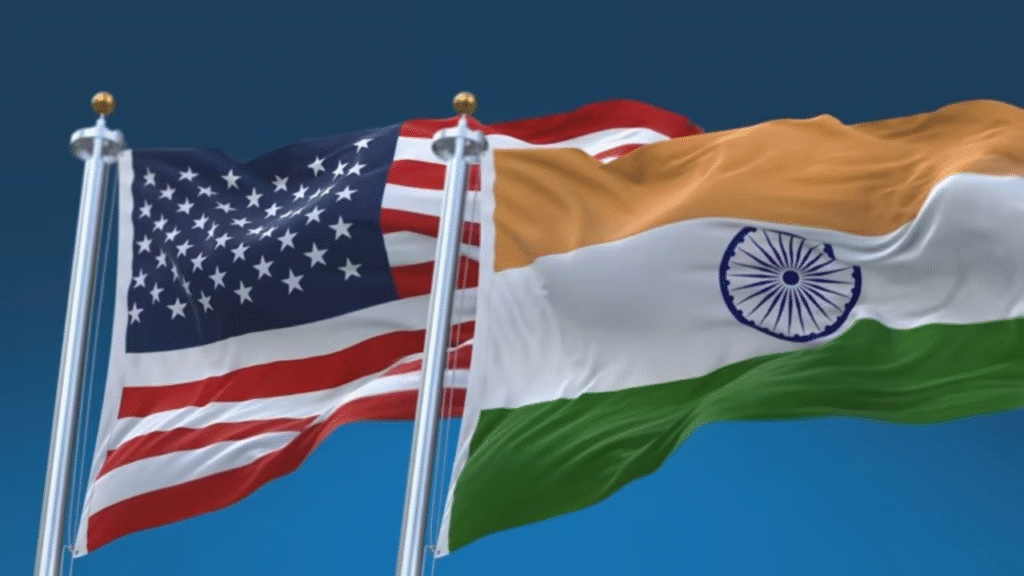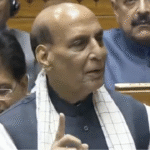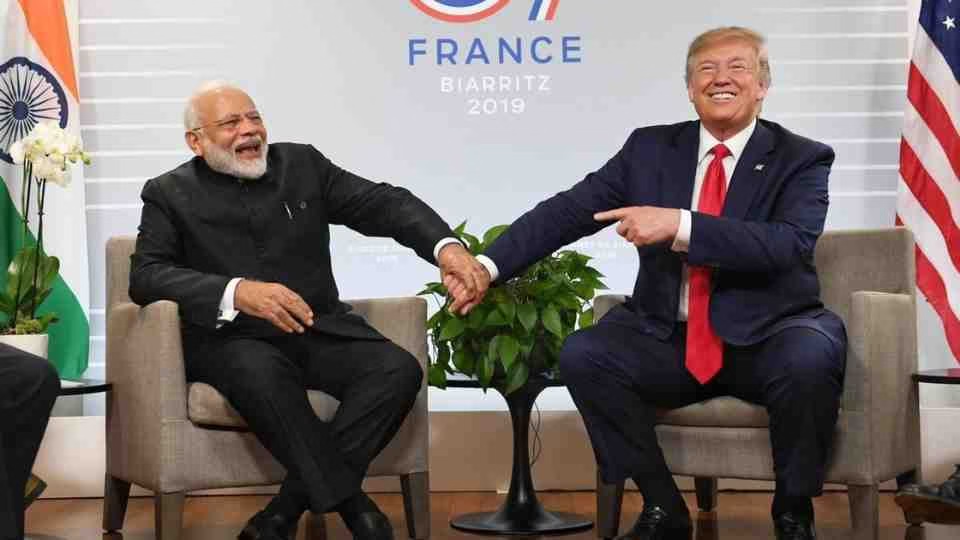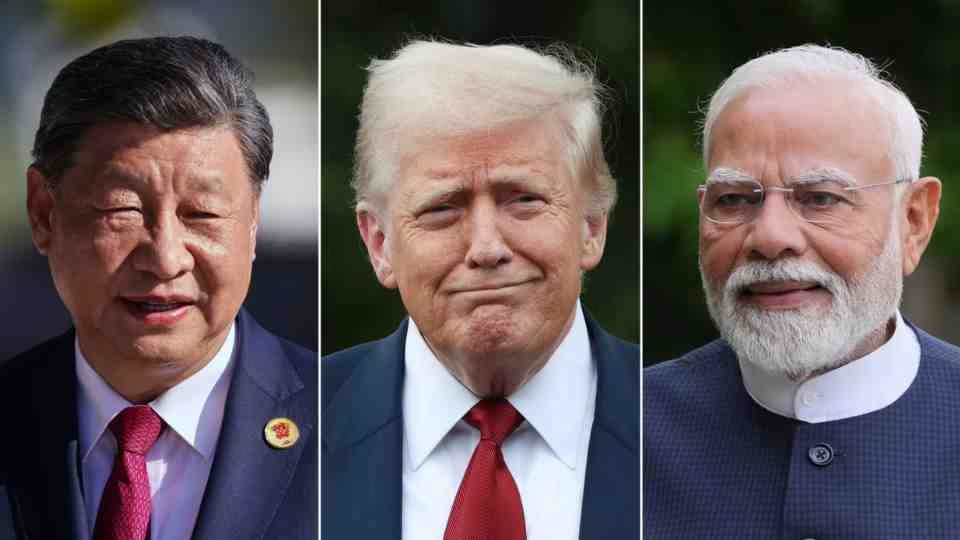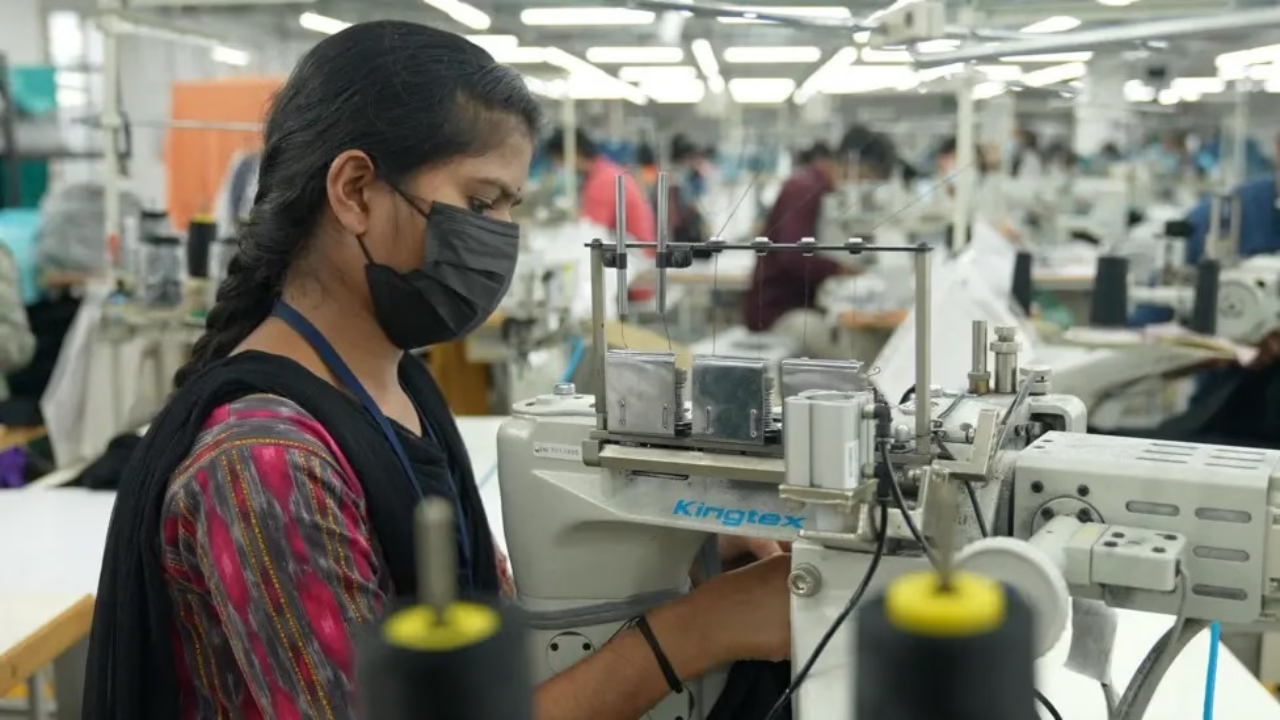The sixth round of negotiations for a comprehensive bilateral trade agreement between India and the United States has been postponed as the August 27 deadline approaches for implementing President Donald Trump’s 50 percent tariff imposition on Indian goods.
Negotiation Delays Amid Trade Tensions
Government sources confirmed that the American trade delegation, originally scheduled to visit New Delhi from August 25 to 29 for bilateral trade agreement discussions, has indefinitely postponed their trip. The timing coincides critically with the imminent implementation of punitive US tariffs on Indian exports.
A senior Commerce Ministry official informed media outlets that US representatives verbally communicated their inability to proceed with the planned visit, leading both nations to agree on rescheduling the crucial sixth round of negotiations.
The postponement represents a significant setback for the bilateral trade agreement process, which commenced in March with ambitious targets to conclude the first phase by October-November this year. Multiple virtual meetings between negotiating teams had previously maintained momentum in the talks.
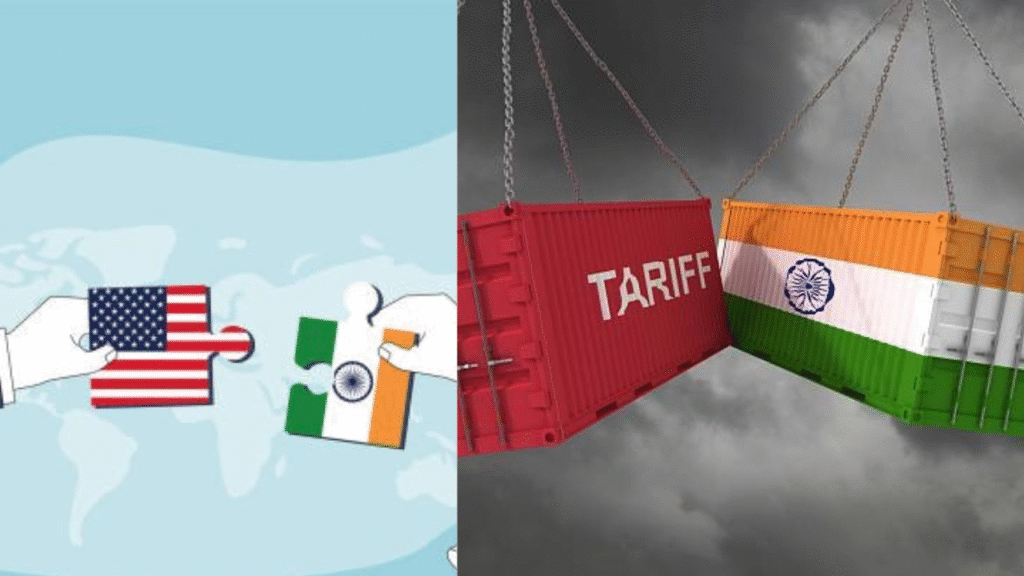
Agricultural Disputes and Trade Barriers
The current impasse builds upon earlier failures to reach consensus on a preliminary mini trade deal between the two countries. Central to the disagreement has been America’s insistence on reduced duties for agricultural and dairy imports, which India has consistently rejected.
India has maintained an unwavering position against importing genetically modified foods, creating a fundamental obstacle to agricultural trade liberalization. This stance received reinforcement during Prime Minister Narendra Modi’s Independence Day address from the Red Fort on August 15.
“India’s farmers, cattle-rearers and fishermen are the government’s top priority,” Modi declared. “I stand as a wall against any harmful policy concerning them. India will never accept any compromise when it comes to the interests of farmers, cattle-rearers and fishermen.”
Economic Impact Assessment
India’s primary exports to the United States—mobile phones, cut and polished gemstones, textiles, and pharmaceutical products—face significant disruption from the proposed 50 percent reciprocal tariffs. Industry analysts project that labor-intensive sectors, particularly textiles, will bear the most severe impact.
The Ministry of Commerce and Industry has initiated comprehensive consultations with stakeholders to evaluate the potential ramifications of these trade developments. Officials are conducting detailed assessments of sectoral vulnerabilities and exploring mitigation strategies.
Textile Industry Response and Government Support
Union Textile Minister Giriraj Singh convened emergency meetings with major textile exporters on Wednesday to address the impending tariff impact. Following extensive discussions, industry representatives unanimously expressed support for Prime Minister Modi’s position while seeking government assistance.
“Boosting the morale of stakeholders (exporters) is essential. Everyone passed a resolution expressing their full support for Prime Minister Narendra Modi. Exporters also stated that they will explore alternative markets,” Singh stated following the high-level consultations.
Textile exporters have specifically requested financial assistance to offset tariff-related losses and proposed the introduction of comprehensive relief packages to maintain sector competitiveness. The meetings focused on developing strategic responses to preserve market share and identify new export destinations.
Broader Geopolitical Context
The trade negotiations occur against a complex geopolitical backdrop, with concurrent diplomatic developments affecting bilateral relations. Recent talks between President Trump and Russian President Vladimir Putin in Alaska yielded no concrete outcomes, potentially influencing broader US trade policy approaches.
The postponement reflects deeper structural challenges in India-US trade relations, where agricultural policy differences, intellectual property concerns, and market access issues continue to complicate comprehensive agreement prospects.
Path Forward and Strategic Implications
Both nations now face the challenge of maintaining negotiation momentum while addressing immediate trade friction from the impending tariff implementation. The rescheduling of talks suggests diplomatic efforts continue despite current obstacles.
India’s review of recent developments indicates a comprehensive reassessment of trade strategy, potentially including enhanced focus on alternative markets and domestic industry support mechanisms. The government’s stakeholder consultation process aims to develop coordinated responses to protect export competitiveness.
The bilateral trade agreement timeline remains uncertain, with the original October-November target for phase one completion now appearing optimistic given current tensions and the need to resolve fundamental agricultural and market access disagreements before substantial progress can resume

